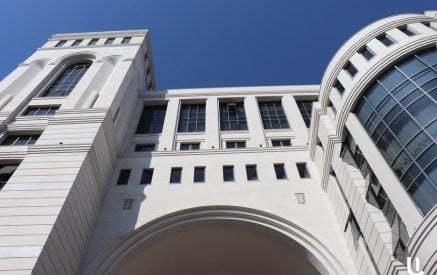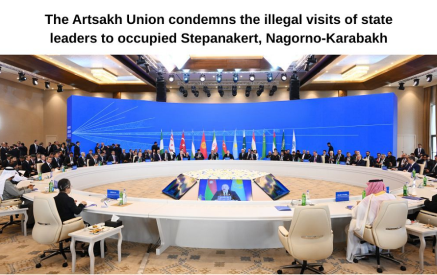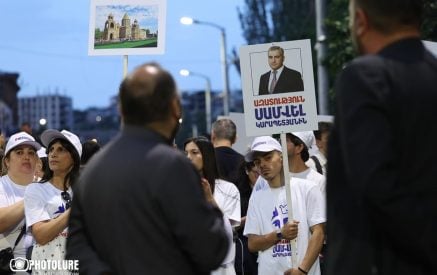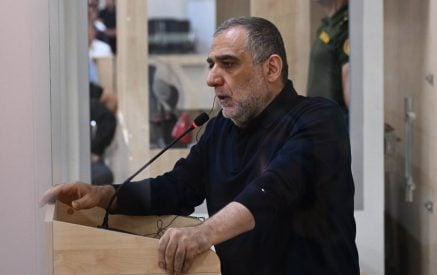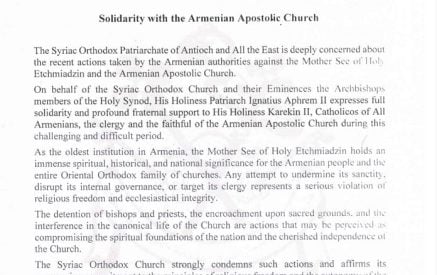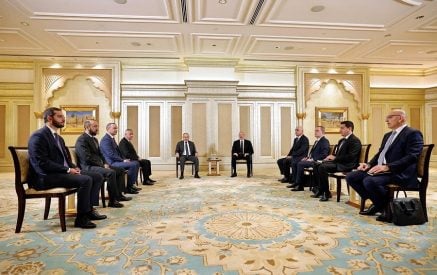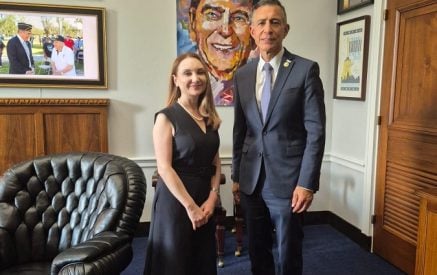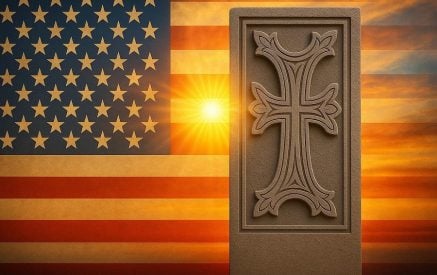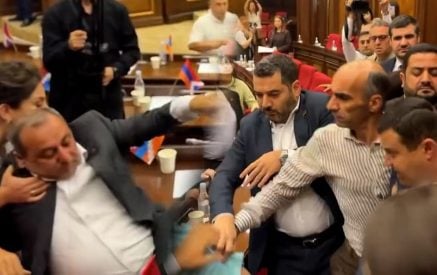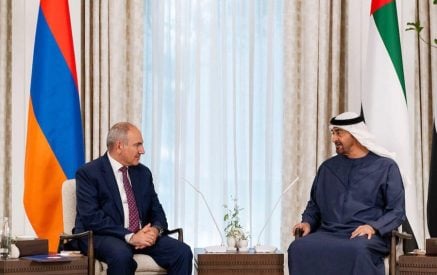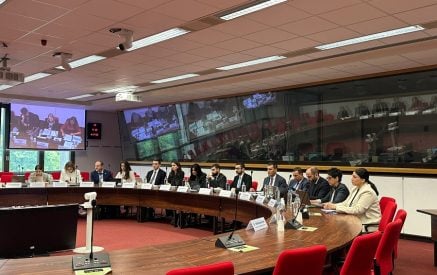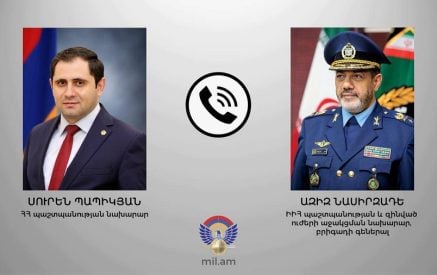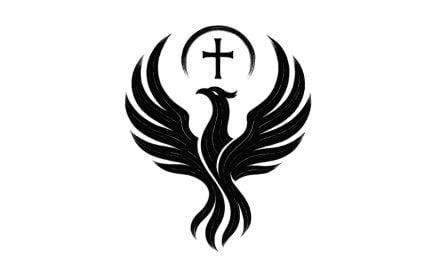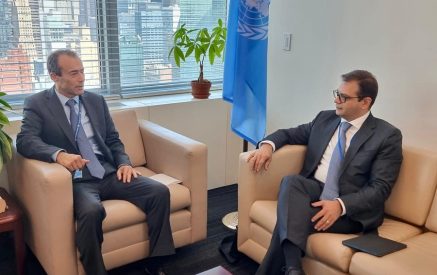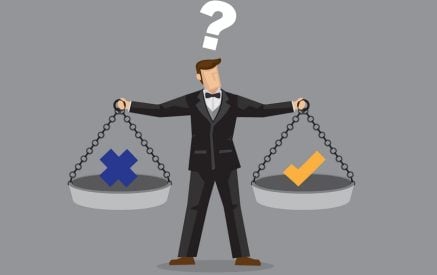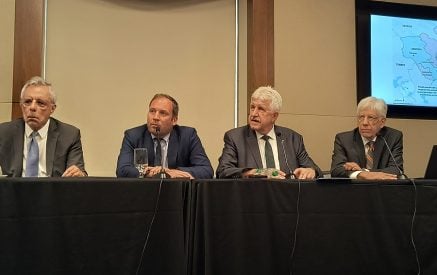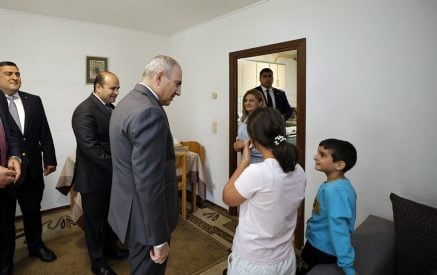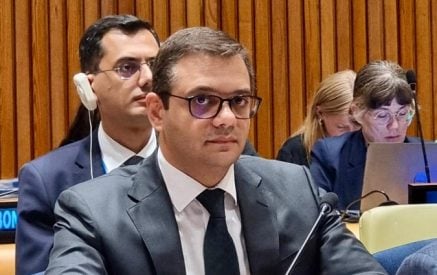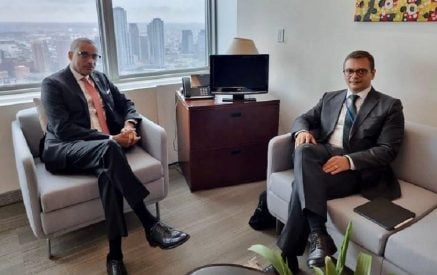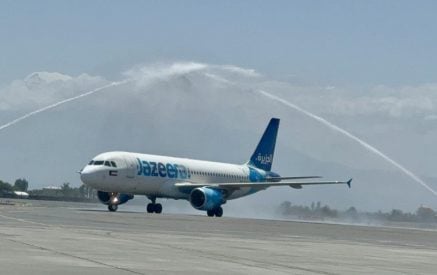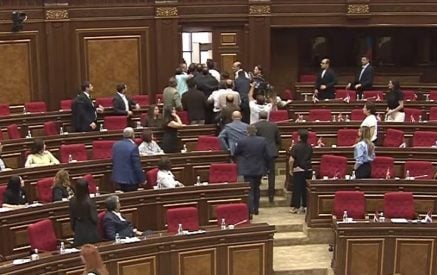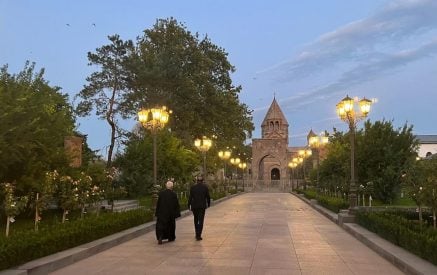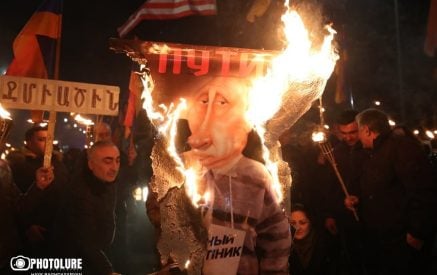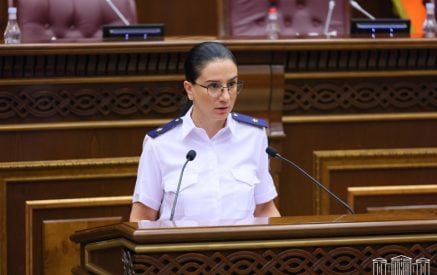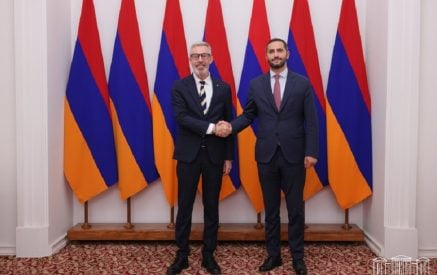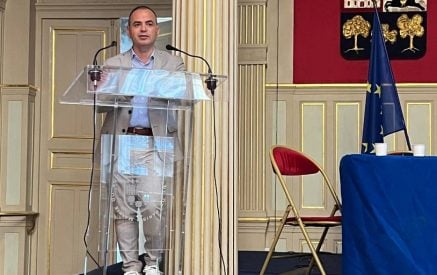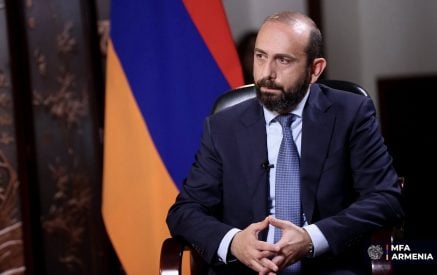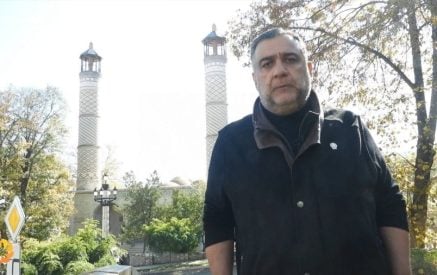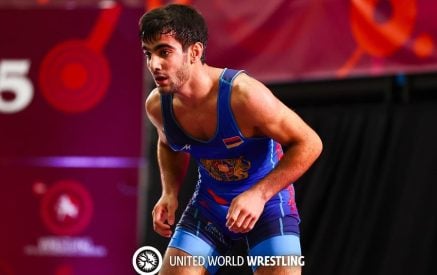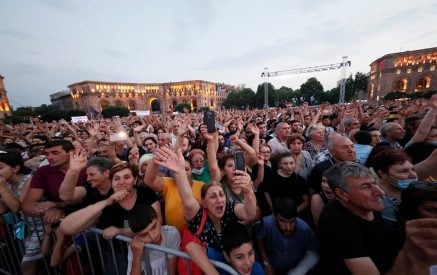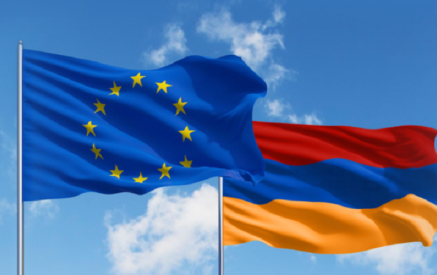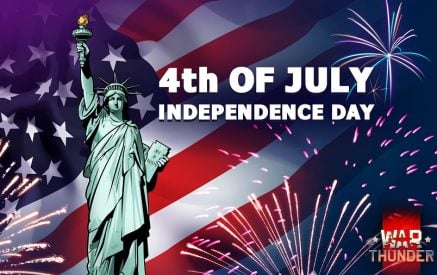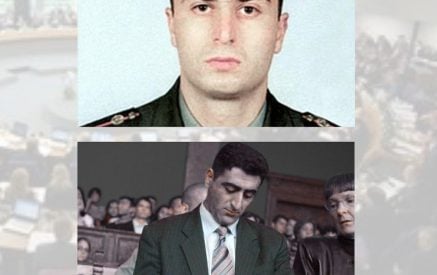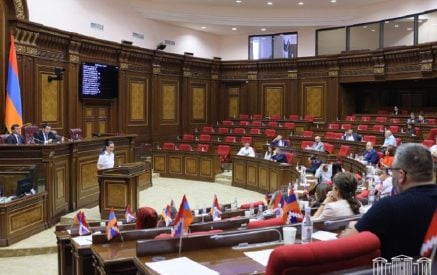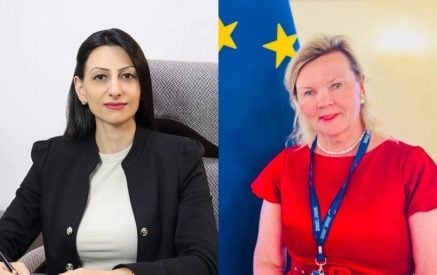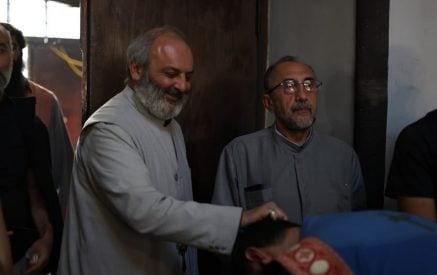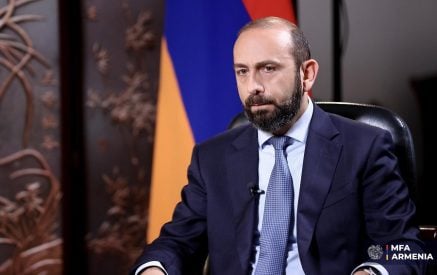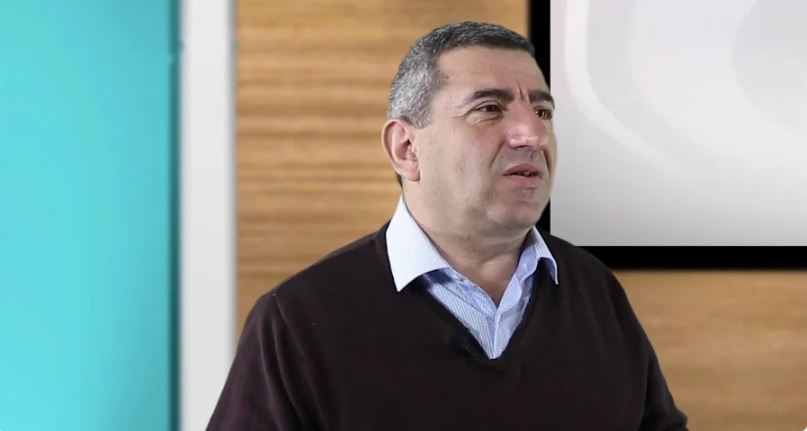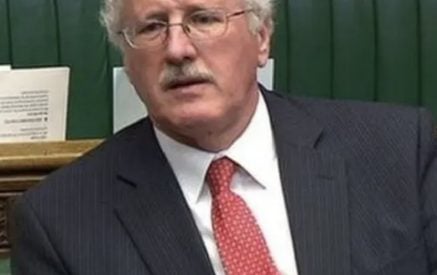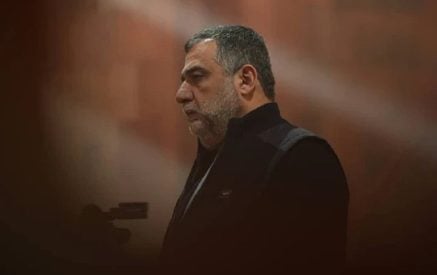In a conversation with Aravot, Artsakh State University lecturer, political scientist David Karabekyan says that the basis of the demand of the popular movement formed in Artsakh is the opening of the Berdzor Corridor. Still, the corridor issue should be closely linked with the status of Artsakh, Artsakh remaining Armenian.
– Mr. Karabekyan, the National Assembly of Artsakh issued a message in the extraordinary session of July 21, calling on the Armenian authorities to take immediate measures to endow the peacekeeping mission located in the Republic of Artsakh with an international mandate, applying the established procedure to the UN Security Council, the General Assembly, proposing to take appropriate steps in the direction of maintaining peace and security in the region. How do you rate this message?
– I do not share the point of view of the National Assembly because turning to the UN on that issue will cause hesitation among the West and the UN Security Council, which provides that mandate. When the UN Security Council discussed the Lachin Corridor, Russia voted against all the pro-Armenian points. It is hard to imagine why we chose Russia. Secondly, the United Nations, with its structures, including the criminal court, recognized Russia as a sponsor of terrorism and condemned the political leader of that country. How correct is it to raise the issue of granting an international mandate to that country? Thirdly, in fact, in front of the peacekeepers, at least 4-5 times, Artsakh was under complete blockade, and an Azerbaijani checkpoint was set up near the Hakari bridge.
We must clearly say that the Russian peacekeepers could not ensure the safety of our population; that is, Azerbaijan has been violating the ceasefire since the first day of signing the document on November 9. What is the reason for this initiative of the Artsakh National Assembly?
Read also
Russia’s position in the world is being undermined, and it is no secret that the political leadership of Artsakh and Armenia mainly have a pro-Russian orientation. At this moment, it is essential for Russia to emphasize that it is the master and ruler in the region; only it can ensure stability in the region. And I would say that somewhere it is like political blackmail, that is, somewhere we gave in to Russian pressure, political blackmail, and sent such a message. And this is happening at the stage when the West is intensifying its peacemaking efforts in this region. On the other hand, we see that Russia gives in to the pressure of the Turkish-Azerbaijani tandem, which serves its interests, because it is under sanctions, and relations with the West are bad. As in the 20s of the previous century, today, Russia sees these countries as allies.
– You say that the West is intensifying peacemaking efforts in this region, but on the agenda of negotiations on the Western platform is the question that Artsakh should be part of Azerbaijan. After the tripartite meeting held in Brussels, the President of the Council of Europe, Charles Michel, even welcomed Baku’s proposal to provide aid to Artsakh through Akna (Aghdam). What do the steps of the West show?
– There are several considerations in this matter. First of all, Western political circles say: if the political leader of Armenia openly declares that Nagorno-Karabakh is part of Azerbaijan, then what should we do? Secondly, they say that we have addressed various issues with Nikol Pashinyan; he said that we have agreed with Azerbaijan. And thirdly, in fact, the mediator offers an approach that is mutually acceptable to the parties.
Charles Michel and others have the following logic, the Azerbaijani side offers an additional route, which is shorter, according to them, more convenient. Why should the West reject it? Next, in their program, the interests and security of Artsakh are discussed for the first time. In other words, why is the issue of status not touched upon? That is our 30-year gap. During the negotiations, our collective rights, interests, and status elements were not emphasized in any way on the international platforms, so they were the basis. We see that the statement of November 9 also has a military-technical nature.
They do not say anything about the status, our collective rights, and interests and suggest postponing this issue until 2025, the end of the peacekeeping mission. Imagine 2025 is coming, and Erdogan calmly says: 2025 is the number; withdraw your troops. What are we going to do? In other words, they do not raise the issue of political status.
Rosa HOVHANNISYAN
“Aravot” daily 22.07.2023



